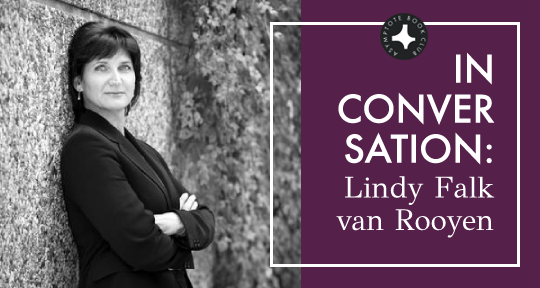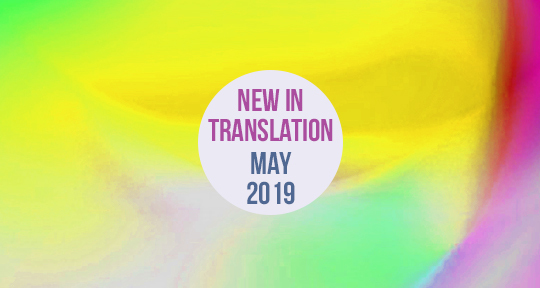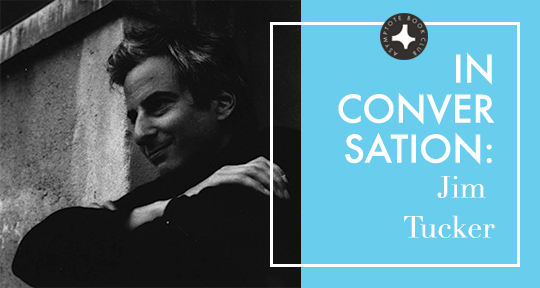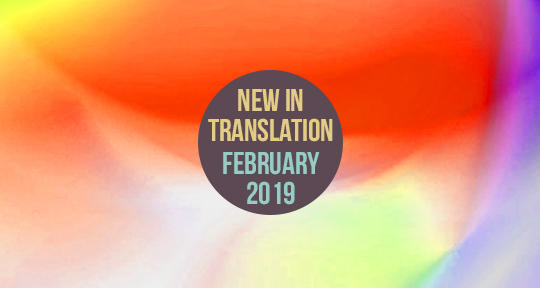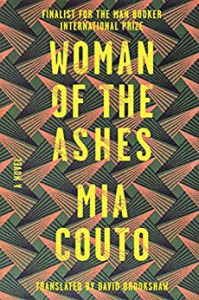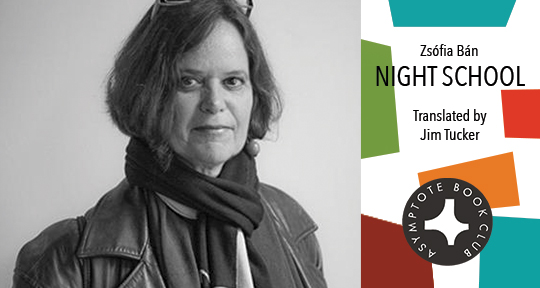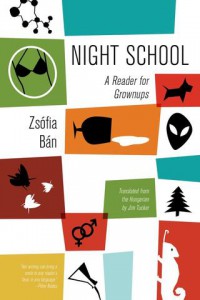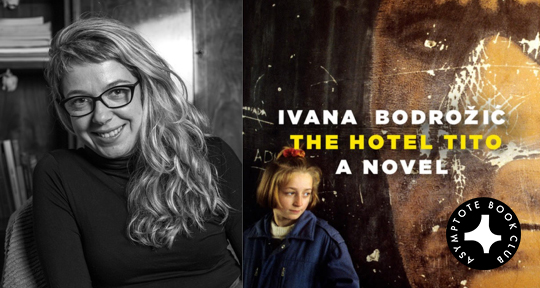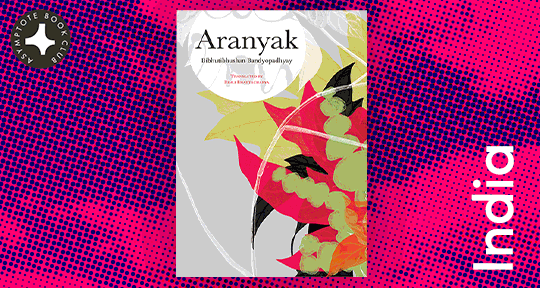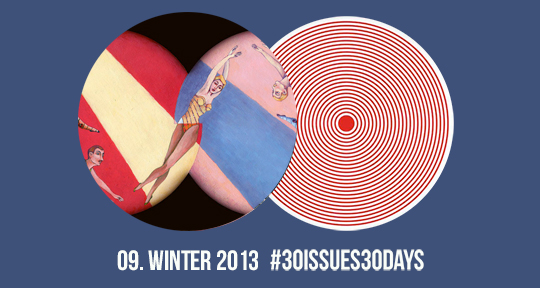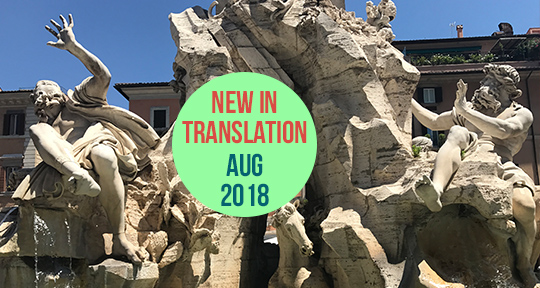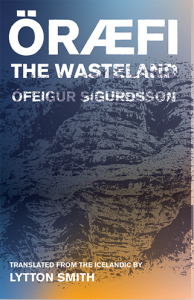Maria Gerhardt died of breast cancer soon after writing Transfer Window, a dark and futuristic novel informed by her own experience with terminal illness. In today’s interview, Asymptote‘s Jacob Silkstone talks with Lindy Falk van Rooyen about the experience of translating Maria Gerhardt’s Transfer Window, chosen as this month’s Asymptote Book Club selection, from Danish into English. Read on to learn how Falk van Rooyen discovered Transfer Window and how she navigated the challenges of translating a semi-autobiographical novel that defies categorization.
Jacob Silkstone (JS): When did you first read Transfer Window, and what initially drew you to the book? How aware were you of Maria Gerhardt’s previous work?
Lindy Falk van Rooyen (LFvR): I wasn’t aware of Maria Gerhardt or her previous work until Transfervindue was published in March 2017. I remember quite vividly that I was sitting on the top level of a red London bus on my way to a translator’s dinner during the London Book Fair when a colleague working for The Danish Arts Council told me how much the book had moved him, and shortly after my return from London, I requested a copy of the original from the Danish publisher. I think what drew me in during the first reading was Maria Gerhardt’s unadulterated honesty.

